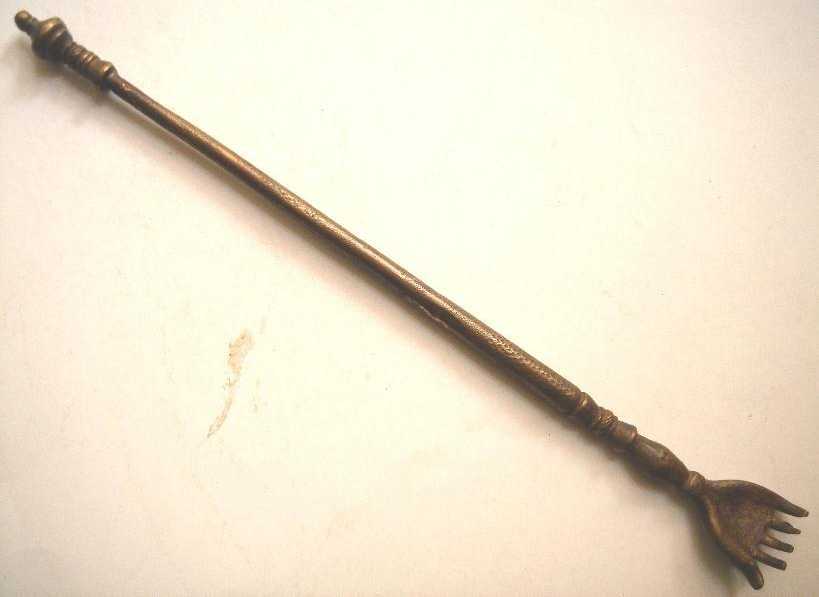FWP:
SETS == WORDPLAY
MADNESS: {14,3}
The poet chose to present this in the divan as an individual verse [fard], not part of a ghazal (as it originally was). The first line is an in-your-face paradox: 'We are such a (with vuh as a vigorously colloquial replacement for something like aisā ) madly swift-moving, wretched-- literally, 'headless and footless'-- beggar'. The oral poetics of mushairah presentation then provide a delay, and surely a repetition of that wild first line.
When (after suspense and curiosity have built up) the second line finally resolves the situation, even the knower of ghazal convention must stop and think a minute before both sides of the coin become properly unified. The speaker is so madly fast a runner that he outruns even the deer, who races along behind him, breathing down his neck but unable to overtake him; thus the speaker feels the deer's eyelashes on his back. At the same time, he is so helpless, so hapless, so headless-and-footless a beggar that he is like the famous Majnun in the wilderness: the animals sympathize with him in his solitude and suffering. Since he is too weak to move, the deer comforts him by coming up to him and rubbing its nose on his body, and scratching his aching back with its eyelashes.
The impossibility of both these conditions existing at once, and the flagrant delight in the paradox of asserting that they do, is part of the exuberance and metaphysical wit of the Ghalibian ghazal. It is also an evocative representation of the heights and depths of passion. To be a lover is to be both hyperactive and helpless, both omnipotent and undone. The verse 'proves' its point with a perfect claim that works both ways.
It's also a brilliant mesh of interlocking wordplay. The commentators among them have done a good job of bringing it out, so I won't bother repeating it all.
Here's my long-ago attempt at a translation (1985).
Compare the equally extravagant but less successful {69,4x}, in which the lover's eyelashes are used to comb out the forelock of Speech; in {104,4x}, the hoopoe uses his crest as a comb.
Compare Mir's equally baroque use of the panjah : M{321,4}.


Nazm:
The juxtaposition of asad [literally, 'lion'] and deer is apparent. Through being 'madly-moving' he has implied that the deer remains behind me and with its 'back-scratcher' rubs against me from behind. The word gadā ['beggar'; also, 'pillow, back-cushion'] is for its affinity with 'back-scratcher'. By saying 'limbless' [literally, 'without head and foot'] he means that I have not even a back-scratcher; if I have any at all, it is the deer's eyelashes. The grounds for similitude between 'comb' and 'eyelashes' and 'back-scratcher' are apparent; that is, all three have something like the same form. First he has used 'comb' as a simile for 'eyelashes', then 'back-scratcher' as a simile for 'comb'. (24)
== Nazm page 24